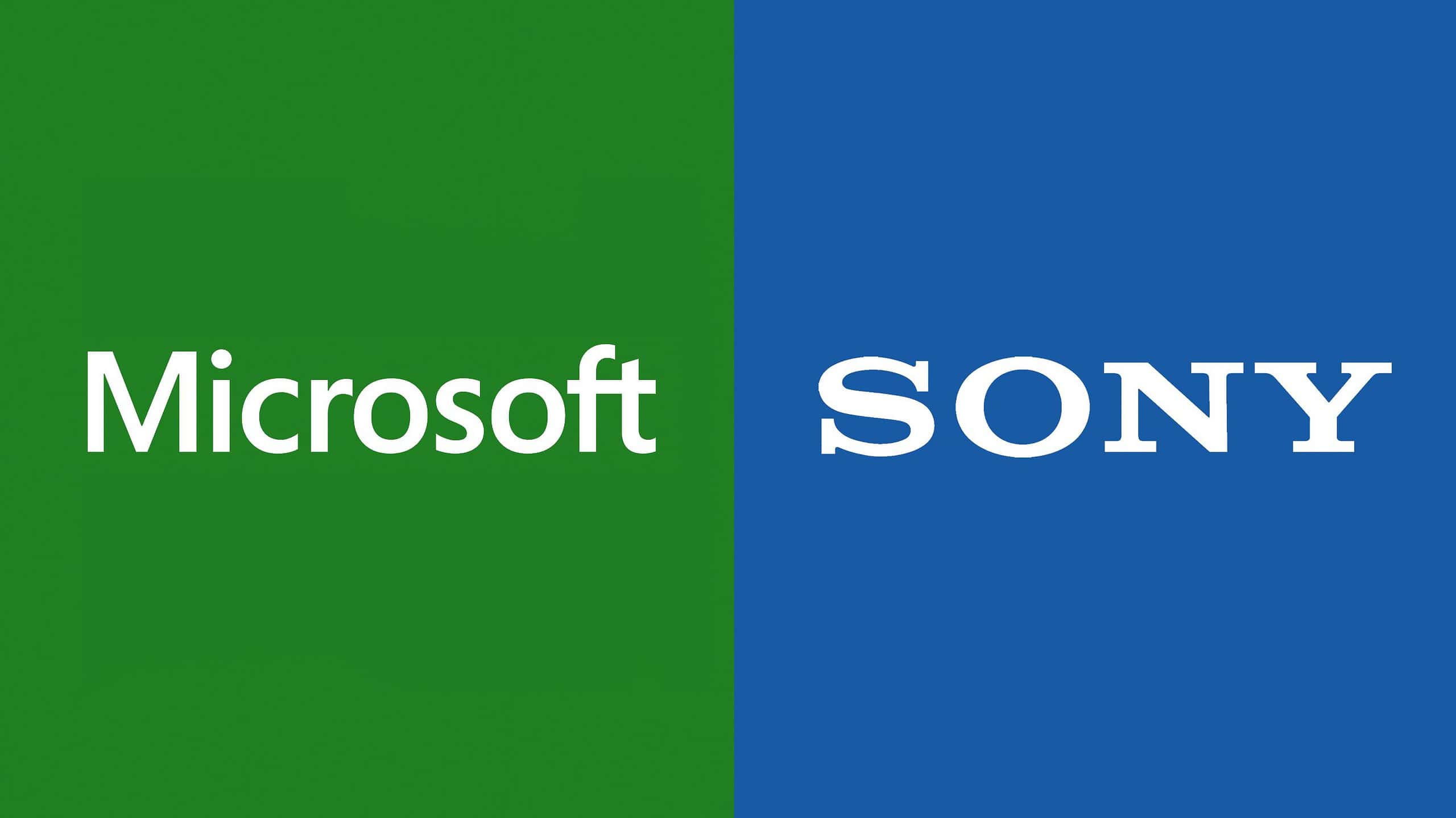Sony reportedly told EU regulators Microsoft is "unwilling" to offer COD parity
3 min. read
Published on
Read our disclosure page to find out how can you help MSPoweruser sustain the editorial team Read more

We’ve been clear we’ve offered Sony a 10 year deal to give them parity on timing, content, features, quality, playability, and any other aspect of the game.
We’ve also said we’re happy to make this enforceable through a contract, regulatory agreements, or other means.
2/4
— Frank X. Shaw (@fxshaw) January 28, 2023
Frank X. Shaw, lead communications for Microsoft, addressed hearsay about Sony telling Brussels officials that “Microsoft is unwilling to offer them parity for Call of Duty if we acquire Activision.” In a Twitter thread, Shaw mentioned the steps Microsoft has already taken in the past to address any concerns regarding the merger. This includes the 10-year Call of Duty licensing deal, which should dismiss Sony’s claims in case it really did the act.
Shaw’s statement came after a Reuters report indicating that Sony Interactive Entertainment president and CEO Jim Ryan met with EU antitrust chief Margrethe Vestager on Wednesday to discuss the Activision merger. The source refused to share the details tackled, and it is unclear if the alleged parity claim started in this recent meeting. However, it is certain that Ryan’s presence in the room was not doing Microsoft any favor.
Sony is one of the biggest critics of Microsoft’s proposed $69 billion Activision megadeal even from the start. One of its main arguments regarding the merger is its future access to Call of Duty once the deal closes. The company also claimed possible foreclosure strategy of Microsoft could harm PlayStation customers. When presented with a three-year licensing agreement, Ryan called the proposal “inadequate on many levels.”
Microsoft addressed the issue by offering a longer 10-year deal to Sony. Nintendo received the contract, but Sony oddly didn’t respond to the offer despite additionally being offered the right to put Call of Duty on its PlayStation Plus gaming subscription service. Aside from this, different Microsoft executives have always been vocal about keeping the game on other platforms, with Spencer stressing that Call of Duty will remain on PlayStation “as long as there’s a PlayStation.” Ultimately, as mentioned by Microsoft executives before, keeping the game away from competitors just doesn’t make sense for Microsoft’s business strategy, especially when it comes to Sony. Microsoft President Brad Smith called it “economically irrational.”
“Sony is the console market leader and it would defy business logic for us to exclude PlayStation gamers from the Call of Duty ecosystem,” Shaw reiterated the argument. “Our goal is to bring Call of Duty and other games – as we did with Minecraft – to more people around the world so they can play them where and how they want.”
This is not the first time Microsoft encountered inaccurate information regarding the merger. Last year, the Federal Trade Commission, which pushed a lawsuit to block the deal, claimed that Microsoft made assurances to the European Commission while reviewing its ZeniMax purchase. Particularly, it said that the software company assured the regulator that it wouldn’t keep away ZeniMax titles from its rivals but did the opposite after the deal closed. According to the European regulator, however, Microsoft didn’t make “commitments.”








User forum
0 messages